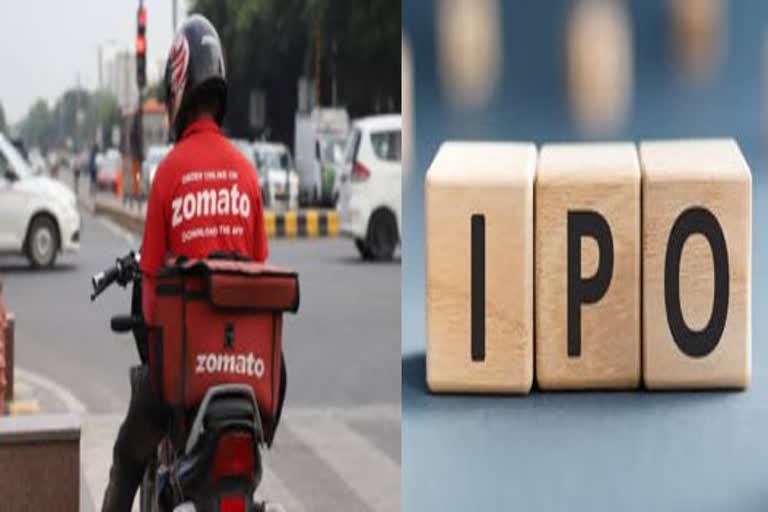Hyderabad: Zomato’s initial public offering (IPO) has created a buzz among investors. According to the stock exchange data, the IPO witnessed a bumper 38 times oversubscription with bids for over 2,751 crore shares against nearly 72 crore shares on offer. Similarly, the ongoing IPO of speciality chemical manufacturing company Tatva Chintan Pharma Chem has received a good response. While the issue was oversubscribed 4.51 times on Friday, the first day of subscription, it had been oversubscribed over eight times by 11.40 am on Monday.
Now, the real question keeping the retail investors on tenterhooks is whether they will be allocated any shares as these IPOs are oversubscribed. For the benefit of the unversed, ETV Bharat explains the share allocation process. Before we begin, investors need to understand that if an issue is fully subscribed, then the investors are allotted the same number of shares that they had bid for. The following two cases explain how shares are allotted when the issue is oversubscribed.
Case 1: If there is a small oversubscription
Let us assume a firm named ABC has floated an IPO by offering a total of 1 lakh shares with a minimum lot size of 100 shares. According to the norms of the Securities and Exchange Board of India (SEBI), the allotment to each retail individual bidder shall not be less than the minimum bid lot. So the maximum number of investors who can get at least one lot in this IPO is 1,000 (1,00,000/100).
In the case of a small over subscription, say, a total of 800 investors have bid but 600 investors have bid for one lot and the remaining 200 investors have bid for three lots each. So, the total shares bid for are 1,20,000 against the available 1 lakh shares. In this scenario, the ABC will allot one lot (100 shares) to each of the 800 investors and the remaining 20,000 shares are distributed proportionately to the investors who have bid for more than one lot.
Case 2: If there is a large oversubscription
Assume that in the above IPO, ABC got bids for 20 lakh shares from 15,000 investors for the same 1 lakh shares. In other words, the IPO has been oversubscribed by 20 times and the number of investors has also gone up by 15 times. In this scenario, all investors cannot be allocated at least one lot each as stipulated by the SEBI. Hence, the allocation will be based on a computerised lottery draw. Since this is an impartial and randomised lottery system, some investors will manage to get one lot each, while many will not be allocated any shares.
Read More: Explained: What is Initial Public Offering?


